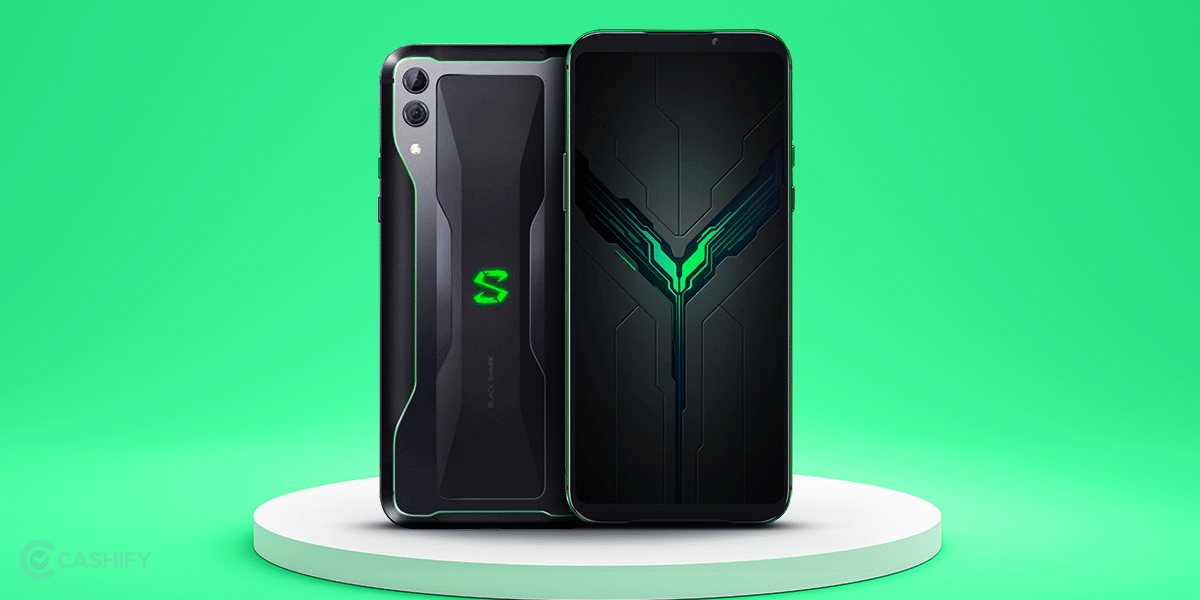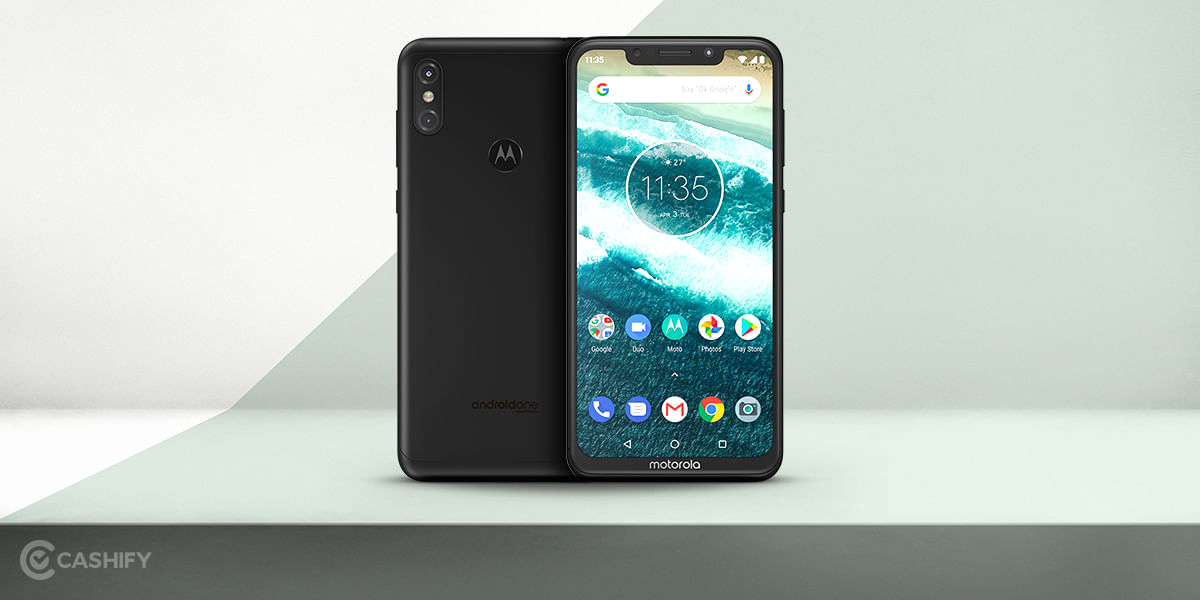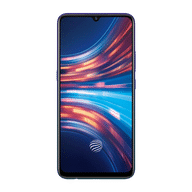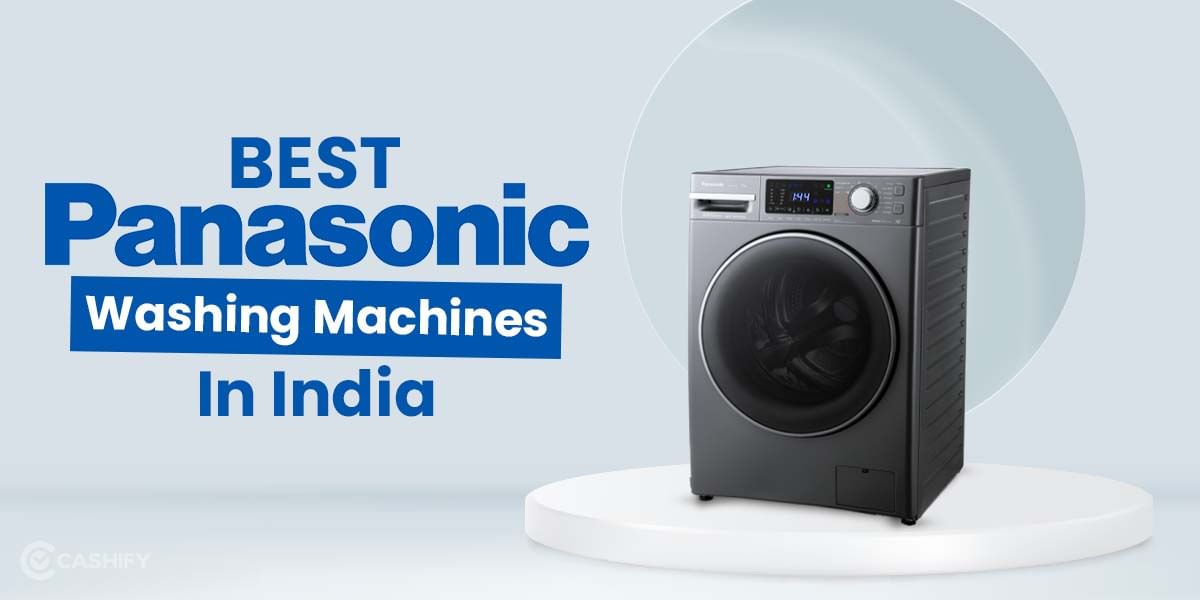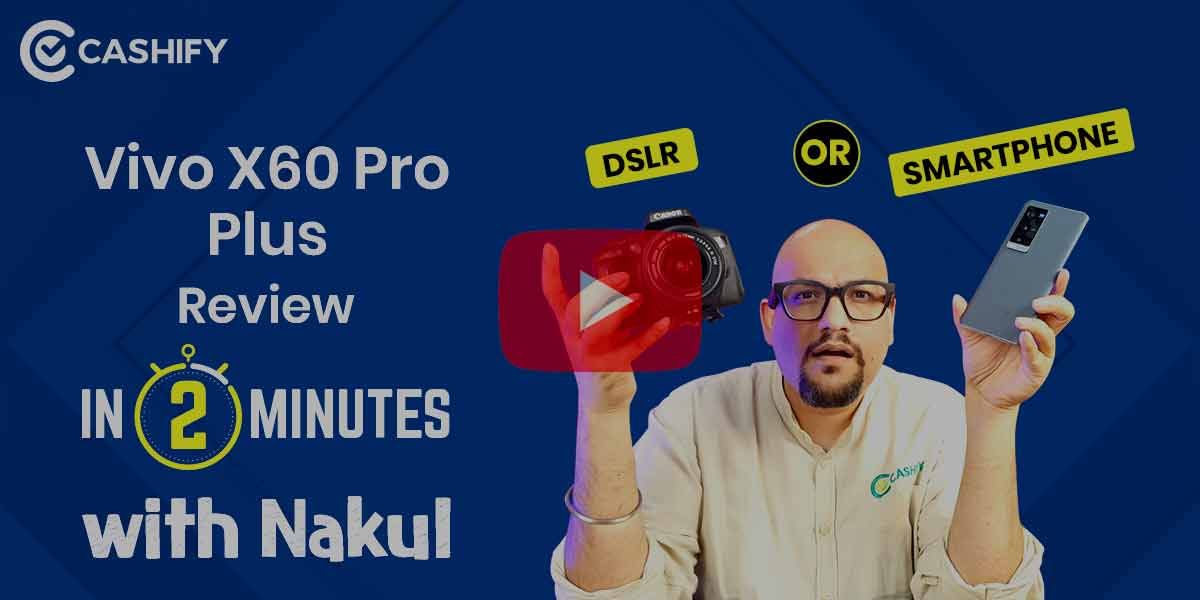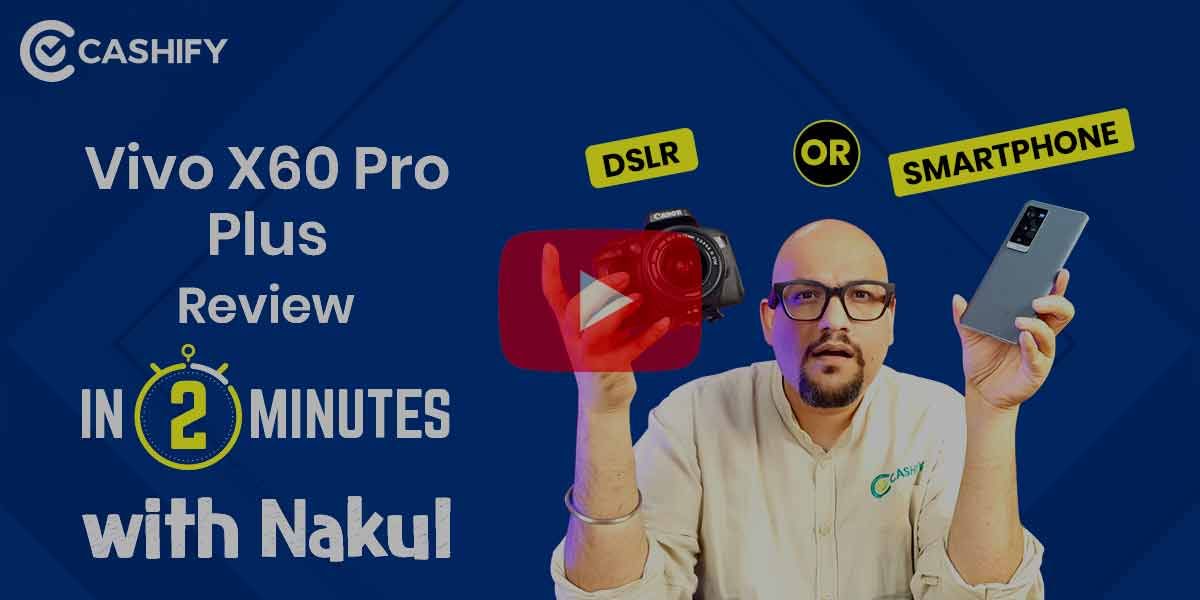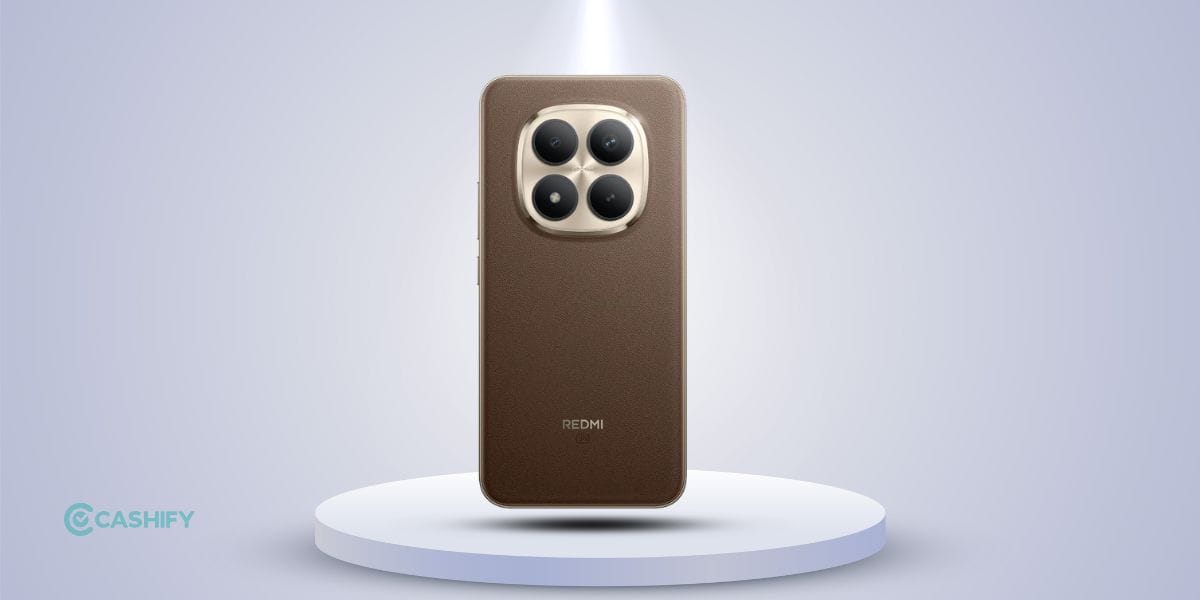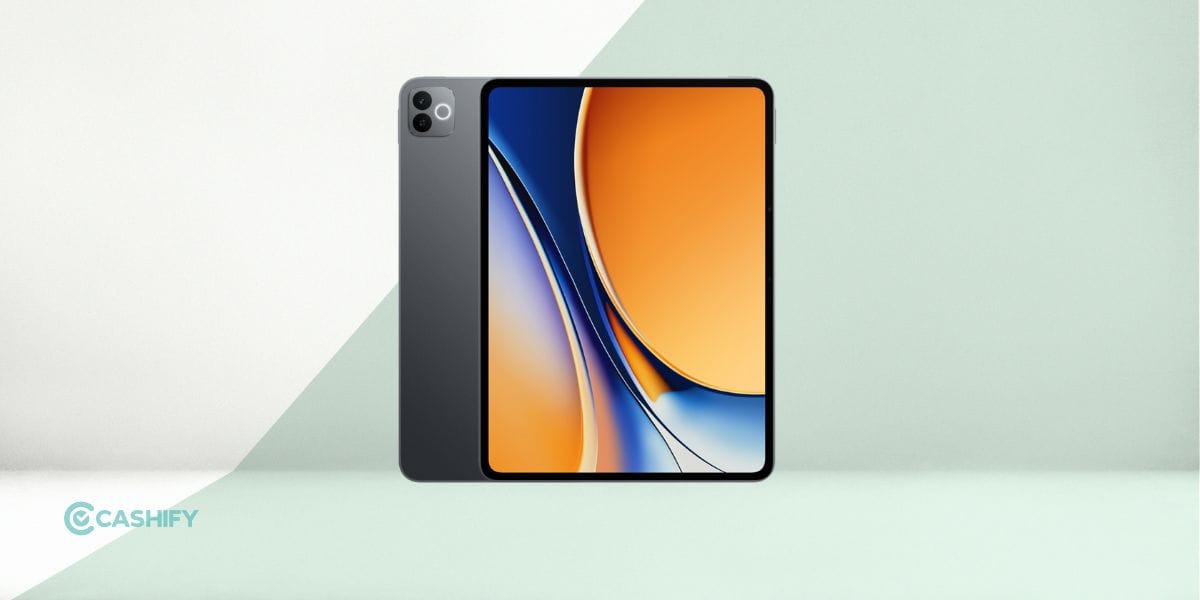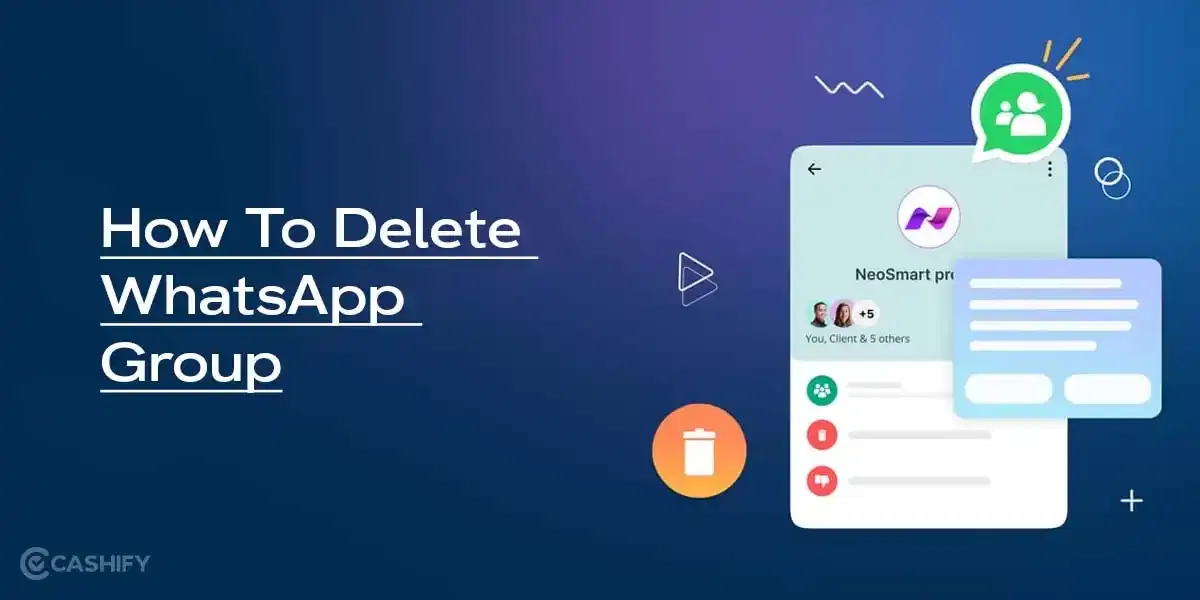Introduction
Today we’ll be reviewing the Vivo s1. This phone is slightly priced higher than the Vivo Z1 pro but it’s also stylish and is available offline. But does it have the performance to back its looks? Well, you’re about to find out.
Vivo launched 3 variants of this device for a price ranging between INR 17,990 and INR 19,990. Vivo phones are usually sleek and well designed and this Vivo S1 is no exception. The device looks beautiful from the outside and feels great.
This phone has some promising specs lets see how they turn out when actually using them in the real world.
Price in India, Variant, Availability
The Vivo S1 comes in 3 variants. The base variant (4GB RAM/128GB ROM) the mid variant(6GB RAM/ 64GB storage) and the top variant(6GB RAM/128GB ROM) priced at INR 17,990 , INR 18,990 and INR 19,990 respectively. The phone is slightly priced higher than the Vivo Z1 pro but Vivo S1 is available offline too unlike Vivo Z1 pro.
The handset also offers 2 color choices Diamond Black and Skyline blue both variants look amazingly beautiful but for this review, we’re sticking to Diamond Black variant as that’s what we have in hand.
This phone can be bought from either Flipkart or from any offline Vivo store for the price mentioned above. On a serious note hurry up because this phone is disappearing fast from the stores.
Box Contents
The Vivo s1 comes in a nice white box which is very appealing. The box contains a silicone protective case, the handset itself, 18W Fast charger, micro-USB cable, earphones(XE160), sim eject tool and documentation. The back of the diamond black variant is very prone to small scratches so we do recommend using the protective case right away. For the protection of the screen, the device comes with a screen protector applied out of the box which is a nice addition.
Here is a quick overview of what you’ll be getting inside the box:
– Vivo S1 handset
– Power Adapter (18W)
– micro-USB cable
– Earphones
– SIM ejector tool
– Silicone Protective Case
– Manuals and documentation
Specs at a glance
Before we share our thoughts on the Vivo S1, let’s have a look at the specifications.
– Display: 6.38 inch, Super AMOLED (2340 x 1080 pixels,404 PPI)
– Screen Protection: Corning Gorilla Glass
– Processor : MediaTek Helio P65, octa-core 2.3GHz
– RAM & ROM: 4/6GB RAM, 64/128GB storage (expandable by dedicated SD card slot)
– Rear camera:16MP + 8MP + 2MP
– Selfie camera: 32MP camera
– Battery: 4500mAh (18 W Dual Engine Fast Charging)
– Software: Funtouch OS 9.0 based on Android 9.0
– Price: starts from INR 17,9 90
With specs being cleared, let’s jump right into our detailed review.
Design and Build Quality
Vivo phones have always been good looking and stylish and this phone also follows the same trend. The design is fantastic, especially the back panel design is superb, it feels like its a hologram but I don’t understand what it is fully but whatsoever it looks very beautiful and cool.
If I had to rate this device on a scale of 1-10 based on just the design I would give it a solid 9. The back. The front has thin bezels on all sides except the relatively thicker bottom.
There is no fingerprint on the back and that is because it’s built inside the screen and its fairly fast and secure the other option for security is the face unlock. The face unlock isn’t the most secure way to unlock the phone but it sure is very quick and convenient. The back has a has diamond patterns on it which changes like a hologram when light hits it from different angles it looks very cool it looks very similar to the mosaic pattern. As beautiful the back panel is it also attracts minor scratches very easily. The frame is made up of plastic so it makes the phone light but as a tradeoff, the surface has some rough edges.
The screen is a whopping 6.38 inch SUPER AMOLED display with 1080×2340 pixels resolution. The bezels are thin and the screen looks beautiful. The AMOLED screen makes the colors pop out naturally and it’s superb for video content consumption and playing games. The screen also has a tiny water drop type notch on the top which holds the camera and a very slim speaker grill is present on the top for voice calls which is barely noticeable. Vivo S1 also went for the in-display fingerprint scanner like any other modern device and it’s pretty fast and rarely needs a second attempt to unlock. The screen is rounded on the edges which makes the phone easier to hold.
The power buttons are positioned on the right alongside with volume rockers and they are all easy to reach. The Vivo S1 comes with a dedicated smart button too on the left which can be used to access google assistant or to search online for the things currently on your screen it’s really handy for shopping think of this scenario, You’re just casually browsing Instagram and you really liked an outfit you’re seeing in the post but you don’t know where to buy them and what its called ,no worries just used the smart button and it will search that outfit for you online.
The back panel looks like its made of glass and sounds like a glass too but its made of plastic. The pattern on the back is just beautiful. The back panel is fairly neat and clean because the fingerprint is now moved into the screen leaving plenty of space in the back. The back does have a 3 camera vertical setup aligned on the left top corner which we’ll talk more about in the camera section of the review.
At the bottom, Vivo S1 has a 3.5mm headphone jack(Thanks Vivo :*), a USB-micro port, microphone, and the speaker grill. I am a bit disappointed with the use of micro USB instead of a USB-C port which would have been a lot better. Also, the bottom-firing speakers aren’t loud enough but we didn’t consider it as a very big issue as nowadays almost everyone consumes video content with their earphones/headphones on and for those who prefer the speaker, I’m a sorry friend, this phone will disappoint you.
This handset is a dual sim device with a dedicated slot for an external microSD card. Isn’t that just great?. Both the sim cards need to be a nano sim card while it has support for up to 256GB MicroSD card.
The top is clean with no components on the top. Although I would have preferred if the headphone jack was on the top.
Display
Vivo went with a SUPER AMOLED display this time, This handset has a massive 6.38 inch
SUPER AMOLED display with a screen resolution of 1080×2340 pixels and a screen density of 404 PPI with Corning Gorilla Glass 5 protection. The colors on AMOLED display looks very natural and hence is great for watching shows, movies, and playing games. The details are crisp and the colors feel good to eyes. Being an AMOLED display the viewing angles are great too and it’s perfect for content consumption, Screen is bright enough that it’s visible in the bright sunlight without a problem. The screen is by far the second-best thing of this device, the first one being the design itself.
In terms of quality, this phone is great for media consumption and daily usage. The screen is great and colors pop out of it really good and a significant amount of battery can be saved if dark themes and dark wallpapers are used.
Performance
The Vivo S1 is one of the few phones to run on MediaTek’s latest silicon. The Vivo S1 is powered by the octa-core Helio P65 processor which was very recently announced. The Helio P65 pairs two Cortex A75 cores with six Cortex A55 cores and all combined give an octa-core processor.
The GPU used is Mali G52 GPU it’s an average GPU which gives a decent performance and it’s pretty common in devices within this price range, although it’s not a bad GPU. The day to day usage feels very smooth and multitasking is seamless. The apps stay longer in memory due to massive 6GB RAM and great memory optimization from VIVO firmware.
We did notice a slight delay in launching of heavy applications like Pubg as compared to Xiaomi phones but the experience was the same after the application fully loads. Pubg runs smoothly on balanced graphics and medium frame-rate and we also managed to get chicken dinner on our first game. Just during our 20min gaming test session, the back started warming up but it was not alarmingly hot and cooled down within a few minutes of inactivity.
Software
The software of this phone is something that I’m particularly not a fan of. This phone runs on a heavily customized OS called Funtouch developed by Vivo. The latest version of Funtouch OS is based on Android 9.0 (Pie) which is great because it comes with the latest security patches and updates. The Functouch OS is a very colorful and cartoonish OS that uses big rectangular blobs very often in their design. It’s like a very bad copy of IOS but for android. It also has some features like IOS, for example, the command center can be accessed in Vivo S1 by swiping up from the bottom just like in iPhones which provides a shortcut to some important settings like brightness, volume, etc.
Funtouch OS also comes with a bunch of bloatware pre-installed like Dailyhunt and Facebook. This bloatware can be easily removed by simply uninstalling the apps but there is one app that can’t be uninstalled and it is Vivo’s Play store. I personally found Funtouch OS hard to navigate which encourages me to flash a Custom ROM as fast as it comes out for the device but if you love Funtouch OS then great this phone is for you.
Cameras
The Vivo S1 comes with 4 cameras three on the back and one selfie camera. The rear camera module has a set of three cameras primary sensor being a 16MP, f/1.78, Sony IMX499 accompanied by 8MP Ultrawide sensor and a 2MP depth sensor. However, the camera specs look solid on paper but it isn’t the best when comes to performing in real life. The post-processing is very heavy and it makes images lose lots of its details. The photos look smooth(lack details) and colors are oversaturated making the image looks unrealistic. There is also a noticeable shutter lag that makes it really hard to get a good sharp image in the first attempt. The night mode is also not great it lacks details and there is a visible amount of noise in the pictures.
For the selfie camera, Vivo S1 has a 32MP sensor which is a great selling point for the handset but no matter how many megapixels you put into the sensor if the post-processing does a bad job the image will be bad. Just like rear cameras the front camera’s images also suffer from heavy post-processing. The bokeh mode is decent and the edge detection is a little imperfect too.
The default camera app has so many advanced features on-screen that can confuse a normal user and users can easily misconfigure the camera setting without even knowing what they are doing. It would have been a wise choice to hide all these advanced settings under a submenu so that normal users don’t have to deal with it.
Battery And Connectivity
This device is powered by a 4500mAh massive battery and it can last day and a half without any sweat. The screen on-time averages at 8-9 hours. The massive battery paired with 18W fast charging makes this phone perfect for prolonged usage and you can live carefree without worrying much about battery. In our fast charging test, we tested the charging speed with the 18w supplied charger and on an average, the phone charged 80% in an hour and 30% in 30mins which is not bad considering the massive battery size.
Pros And Cons
Pros:
– SUPER AMOLED display
– Sleek and stylish
– Massive battery
– Dedicated smart button
– Dedicated SD card slot
Cons:
– User Experience
– Cameras
– Average processor and GPU
– Still using USB-micro
This is one of the few phones under INR 20,000 which has a stunning design and has great battery life. We are disappointed by the camera performance as it looks so promising on paper but in reality, it’s not good the images lack details and color reproduction is not accurate at all.
The display is super fantastic thou. This is only one of the few handfuls of devices that has a SUPER AMOLED display in this price range. The looks and design are very beautiful and the handset feels premium.
There is a lot to like about this phone but a phone should be seen as a whole rather than parts.
Overall the phone is not the best as a whole and there are definitely better options available in the market like Vivo’s own Z1 pro, Redmi Note 7 Pro, Realme X, Galaxy M30, and the Galaxy M40.

